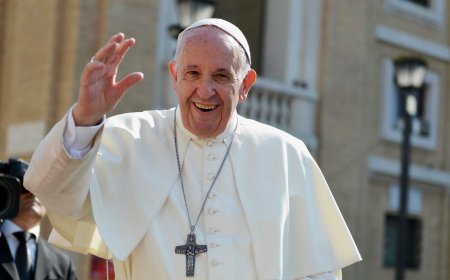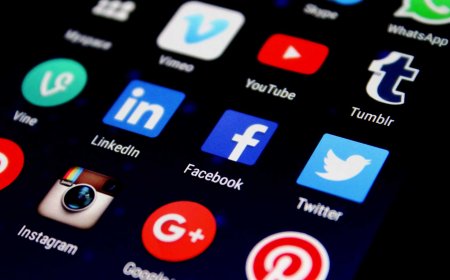Bridging Cultures: How Overseas Filipinos Shape the Philippines
Overseas Filipinos are reshaping culture back home, blending global perspectives with deep-rooted traditions, and redefining what it means to be Filipino.
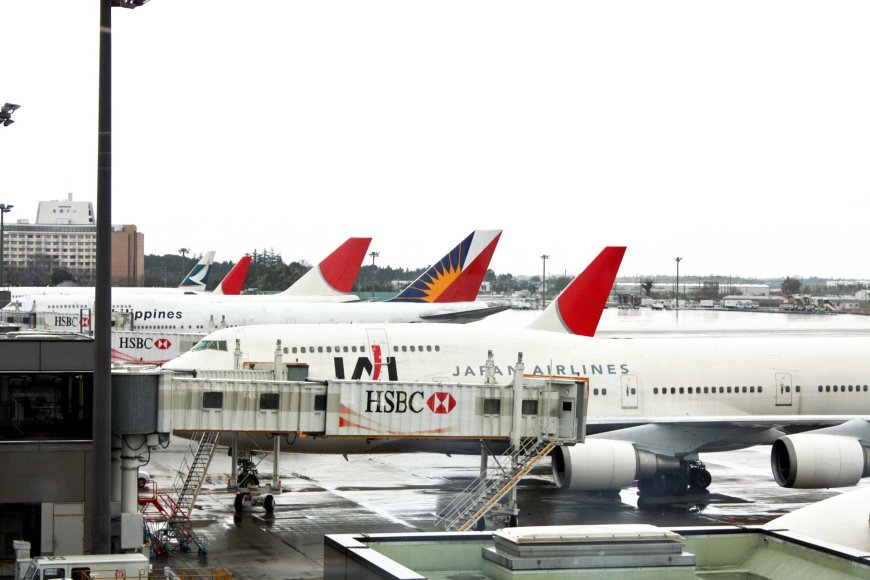
The Influence of the Filipino Diaspora on Culture and Identity
The Filipino diaspora, one of the largest in the world, is a driving force not only in the economies of their host countries but also in shaping the cultural landscape back home. With over 12 million Filipinos living and working abroad—often referred to as Overseas Filipino Workers (OFWs) or migrants—their influence extends far beyond the financial remittances they send to their families. As these Filipinos integrate into foreign societies, they serve as cultural ambassadors, both redefining Filipino identity abroad and transforming perceptions of the Philippines domestically.
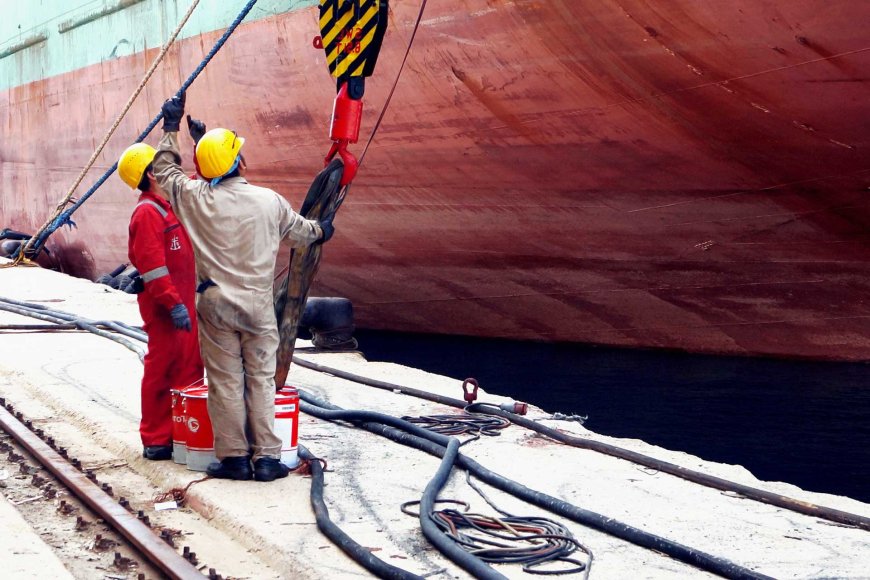
The Economic Power of the Diaspora
Before diving into cultural influence, it’s essential to recognize the financial contributions of the Filipino diaspora. Remittances from overseas workers consistently account for around 10% of the Philippine GDP, making them an economic pillar. This steady flow of income significantly impacts local communities, enabling families to invest in education, housing, and small businesses, all of which contribute to raising the standard of living across the country.
But beyond this economic impact, the cultural exchange between Filipinos abroad and those back home is an equally transformative force.

Global Integration: Redefining Filipino Identity
Living in different countries exposes Filipinos to diverse cultures, languages, and social norms. Over time, these overseas workers, migrants, and expatriates bring elements of these experiences back to the Philippines. As a result, a unique hybrid identity is forming, blending traditional Filipino values with influences from Western, Middle Eastern, and East Asian cultures.
For example, the increased global exposure has led to a broader acceptance of different lifestyles and worldviews in the Philippines. In major cities like Manila, it's not uncommon to see more diverse food choices, fashion trends, and even language usage. English, already a second official language, has become even more prominent due to its use in global workplaces and social media, creating a form of modern bilingualism.
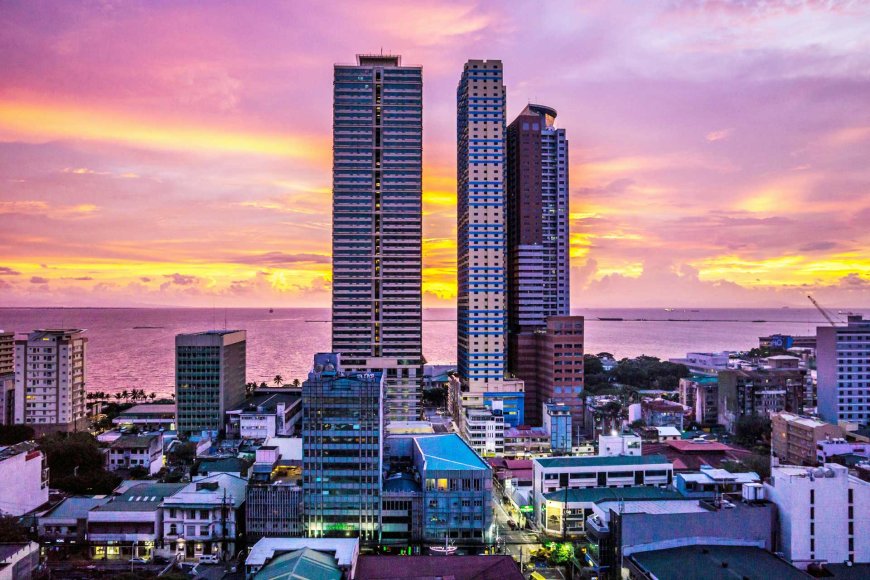
The Role of Social Media and Technology
One of the most profound ways the diaspora influences culture is through social media. Platforms like Facebook, Instagram, and YouTube serve as bridges that connect overseas Filipinos with their families back home. These platforms allow for constant cultural exchange, whether through sharing foreign trends, news, or even simple updates on life abroad.
Influencers within the Filipino community, particularly those living overseas, have gained large followings both internationally and in the Philippines. They showcase the lifestyles, food, and cultural nuances of the countries they live in, helping shape how Filipinos view the world outside their borders. Additionally, OFWs often use these platforms to raise awareness about social and political issues back home, shaping public discourse and calling for reform, as was seen during the recent elections and global protests.
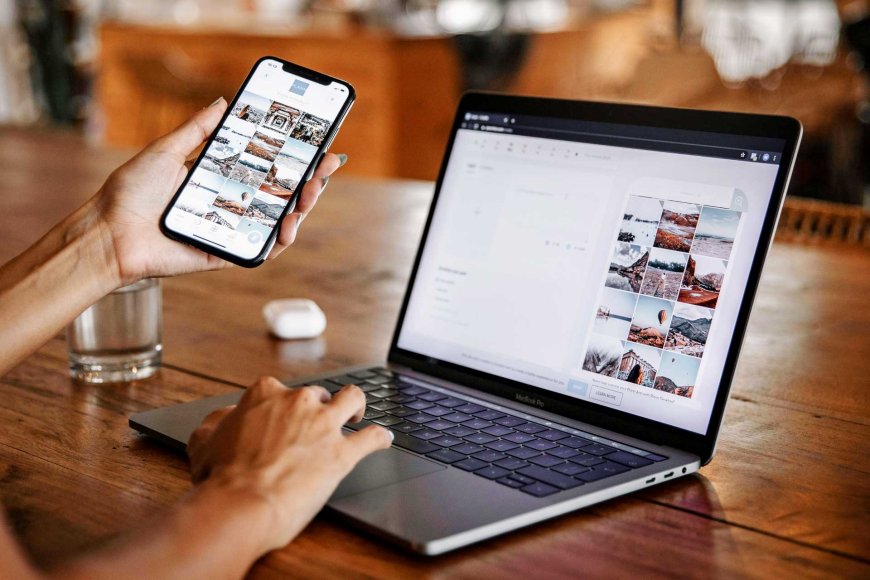
Food as Cultural Ambassadors
Food is perhaps one of the most powerful cultural exports of the Filipino diaspora. In cities around the world—from New York to Tokyo—Filipino restaurants, food trucks, and pop-up shops are introducing the global community to iconic Filipino dishes like adobo, sinigang, and lechon. Filipino-American chefs like Tom Cunanan and Margarita Manzke have gained international recognition, bringing Filipino cuisine into the spotlight.
This growing recognition of Filipino food abroad has had a ripple effect back home. Filipino chefs are now increasingly experimenting with fusion cuisine, blending international flavors with traditional dishes. As a result, Filipino cuisine is experiencing a renaissance, with both locals and foreigners rediscovering the diversity and richness of the country’s culinary heritage.
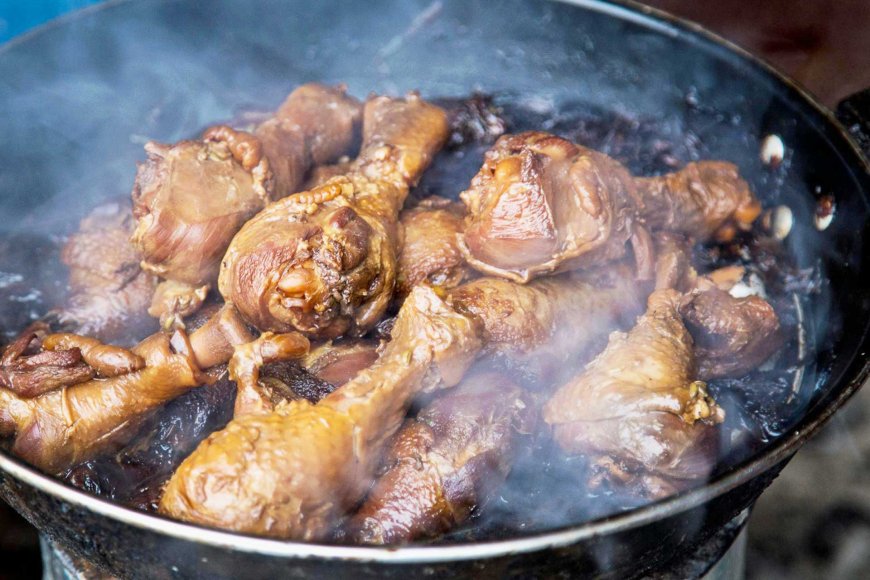
Cultural Festivals and Representation in Media
Another key area where the diaspora is making its mark is in the arts and entertainment industries. Filipino artists, filmmakers, and musicians are gaining recognition on the global stage, and this international success is reshaping how Filipinos perceive their own cultural identity. Films like Heneral Luna and Goyo: Ang Batang Heneral, both of which gained critical acclaim, reflect a growing national pride that is partially fueled by the diaspora's increasing prominence in global media.
Furthermore, cultural festivals held by Filipino communities abroad—like Philippine Festival Tokyo in Japan, Fiesta Filipinas in Canada, and Filipino-American History Month in the United States—help preserve traditions and introduce them to new audiences. These celebrations also feed back into the Philippines, where Filipinos take pride in seeing their culture recognized and celebrated internationally.
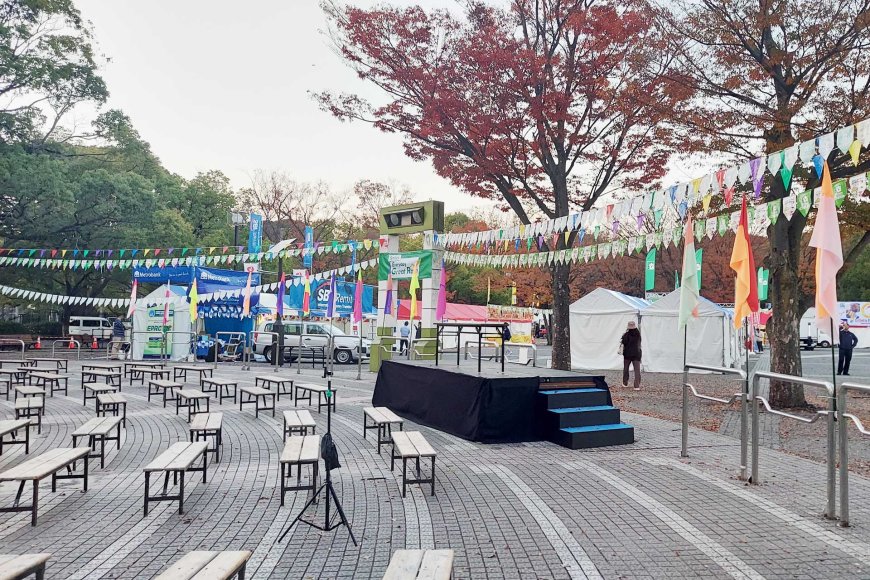
Challenges and Opportunities
While the Filipino diaspora has had a positive cultural impact, it also faces challenges. Many OFWs encounter cultural isolation, discrimination, and homesickness. Furthermore, their long-term separation from their families can create gaps in social and familial relationships. However, despite these challenges, their influence remains undeniable.
The Filipino diaspora is a testament to the resilience and adaptability of Filipinos worldwide. Their ability to integrate into foreign cultures while still maintaining a strong connection to their homeland has resulted in a dynamic exchange of ideas, values, and traditions. This interplay has reshaped both domestic and international perceptions of what it means to be Filipino, creating a more inclusive and multifaceted identity.
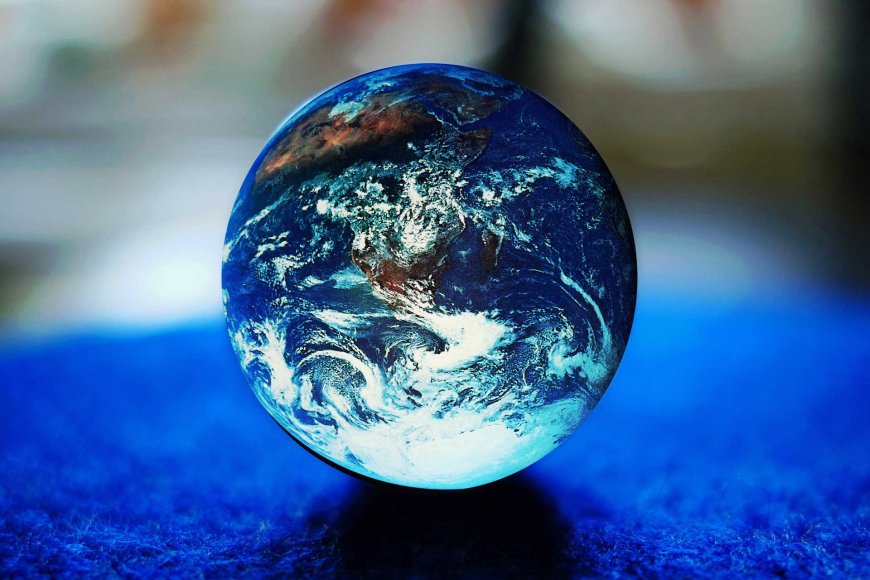
Redefining Filipino Identity
The Filipino diaspora continues to be a powerful force in shaping culture, both at home and abroad. Through food, media, social advocacy, and everyday interactions, overseas Filipinos are redefining Filipino identity in an increasingly globalized world. As they navigate their roles as cultural ambassadors, they ensure that Filipino culture remains vibrant, adaptable, and relevant on the world stage while continuously enriching their own communities back home.
Find Cheap Flight Tickets to any Destinations in Japan and the Philippines
Nipino.com is committed to providing you with accurate and genuine content. Let us know your opinion by clicking HERE.



















































